All change, please!
This post has been updated and is now on a new version of this site.
This notice will remain online until 20 September 2016.
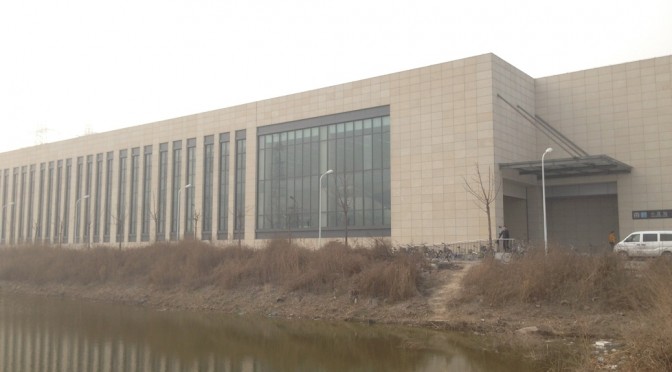
All change, please!
This post has been updated and is now on a new version of this site.
This notice will remain online until 20 September 2016.
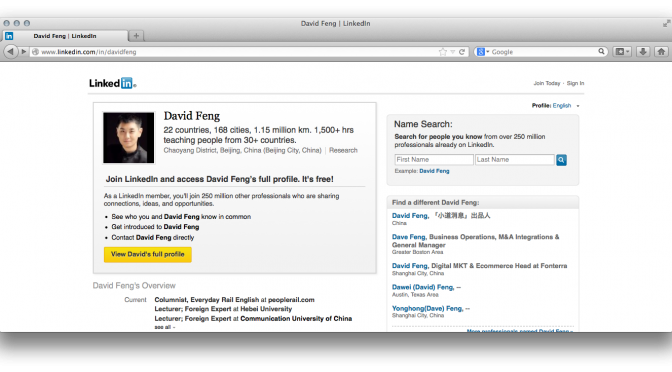
All change, please!
This post has been updated and is now on a new version of this site.
This notice will remain online until 20 September 2016.
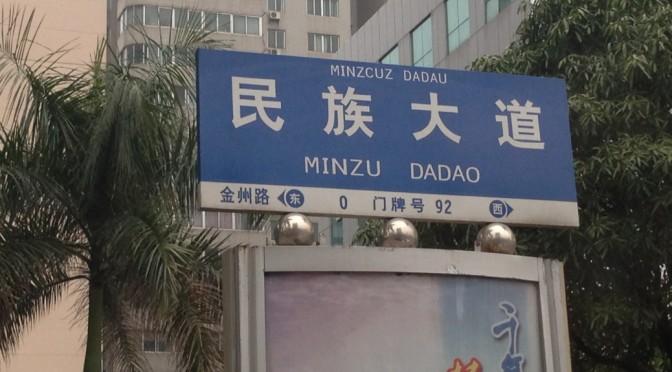
All change, please!
This post has been updated and is now on a new version of this site.
This notice will remain online until 20 September 2016.
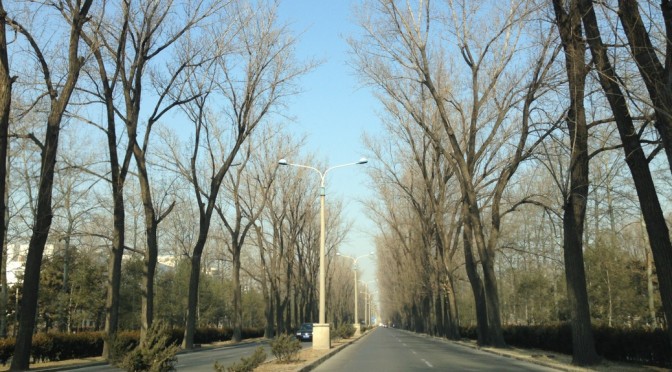
All change, please!
This post has been updated and is now on a new version of this site.
This notice will remain online until 20 September 2016.
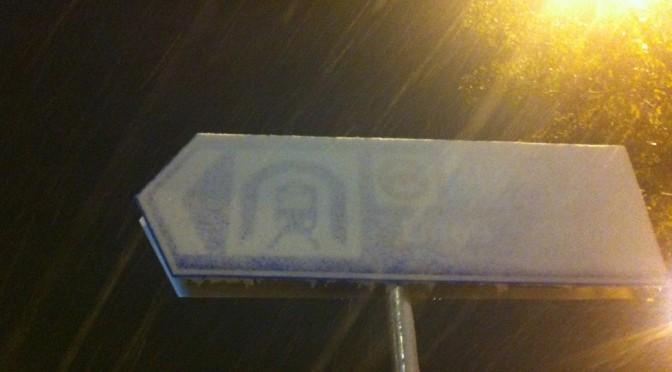
All change, please!
This post has been updated and is now on a new version of this site.
This notice will remain online until 20 September 2016.
This is by no means something easy. Chinese names can either appear to be too short, too standard, too Japanese-looking or too outlandish.
(Just like train station names except for the one-of-its-kind station with just one letter — 宋 station, aka Song Railway Station. Musical kits optional here.)
I digress. But Chinese names are comparatively more “boring” (but also more “diverse”) when compared with those in other languages — especially those you see in Europe and North America. There’s the “boringness” in terms of how long these names are (probably no more than six characters), but also in terms of what characters are used — these names are unique and diverse in their own ways. I remember the most complex of all characters were around 40 or more strokes per character…
But just how many characters make up a name can be an art in its own. Here’s how the whole thing works in general…
Hard already? Imagine the mess you get when you add a Western name into the whole thing. My Chinese name by characters is 馮琰 (Feng Yan in Hanyu Pinyin) but I add the English name David because few people can both spell and (more importantly for me) pronounce Yan (even I had a hard time doing so).
The other question is how they finish up in terms of the name ordering. I could either be David Feng, or David Yan Feng, or Yan David Feng, if I add my Chinese Pinyin (a la my name given at birth) to my “other names”. And in none of these events would I have a middle name. This is why foreigners registering with the police around China might have minor issues if they have middle names.
Far worse is a hypothetical foreigner that’s married and has the name Annina Stefanie von der Graf van den Bergh. That’s a total of eight names and you could easily imagine the cop freaking out as he struggles to find just what name(s) to register into the police database!
A greater still problem exists my end, for my former Chinese passport did not recognise Western names (I started using David as early as 1988, after a family friend suggested it to me), and I converted to a Swiss passport — totally forgetting any mods to my names. Hence my flight tickets (although not train tickets as of this post) bear my Pinyin name, whereas everywhere else I am known as David Feng (although the odd “ghost” media interview is adamant I “only” have a Pinyin name).
Given how complex names are my end of the world, you could be forgiven, then, if you find it odd that Chinese-looking locals at the Starbucks give themselves English names even if they hold a Chinese passport…
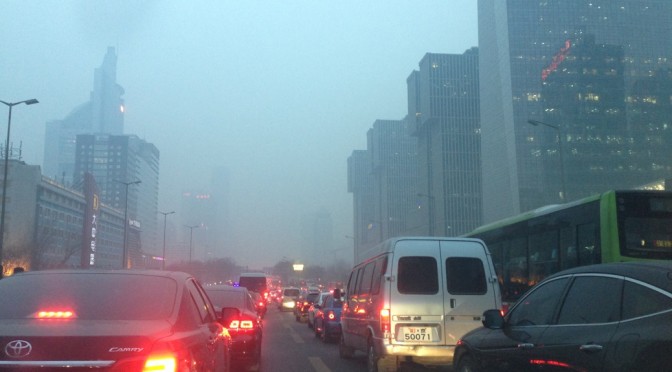
All change, please!
This page has been updated and is now on a new version of this site.
This notice will remain online until 20 September 2016.
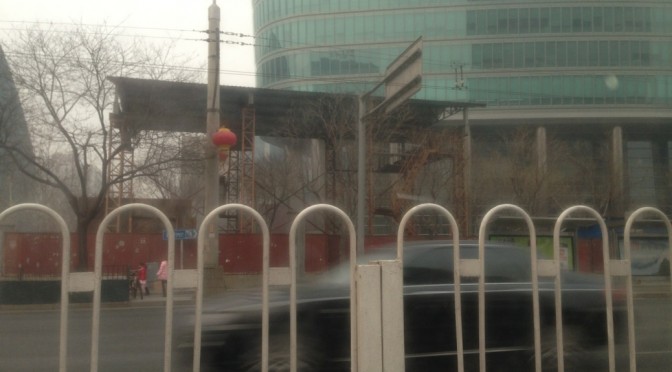
As of late, the city of Beijing is close to being stuck in smog for just around a week. In comparison to what usually happens next month (March), smog appears to be no competition for that. (In March, sand storms invade the city; in spring 2002, the skies appeared close to being orange — amplified to shiny orange when viewed from tinted windows!)
For the longest of all times, I thought when Beijing’s Subway services broke the length of the underground system in London, we’d get our traffic jams solved. For the longest time, I thought the magic transit elixir was the new Subway Line 6, which runs parallel to Line 1.
Yes, Line 6 was a welcome addition, and the inclusion of the city’s West Railway Station into the Subway system was a much-needed move, but so far, we are not seeing the city being rid of smog. In contrast, things appear to be far worse. The folks running the city (headed by Guo Jinlong and Co) seem to have made the city far more polluted than under the previous administrations (Liu Qi and the especially frank Wang Qishan). In essence, policies have been enacted which simply do not compute. For example:—
City Hall might want to get a clue — and take a cue from other cities that are doing it right. London’s Congestion Charging might want to be the first thing Guo & Gang may want to ape. There’s also the 9 o’clock reduced fare / flat fare rates for city transport that Zurich implements — Beijing might also want to try that on for size. Finally, we might take our cue from Paris. When travelling with my sweetheart for life, Tracy, I noticed the presence of a few power plugs for cars in the 13th arrondissement. That might be a wake-up call for the Jing.
14:20, 19 February 2013
Train G84 enroute from Shijiazhuang to Beijing West
Guy Kawasaki just posted on Facebook something very cool: a link to Ten Sentences That Can Change Your Life, by Hristiqn Nikolov.
My absolute favourites from the list.:
All change, please!
This post has been updated and is now on a new version of this site.
This notice will remain online until 20 September 2016.